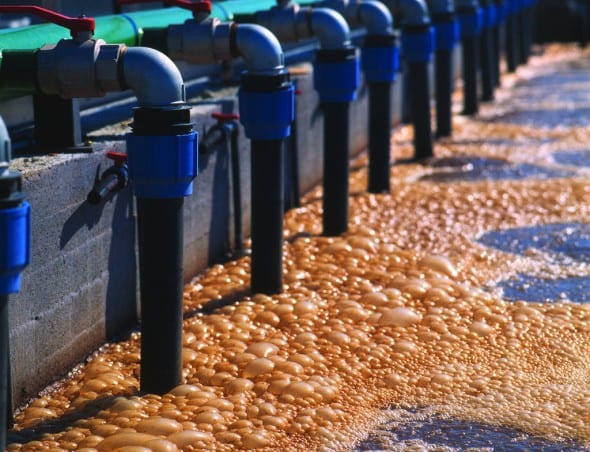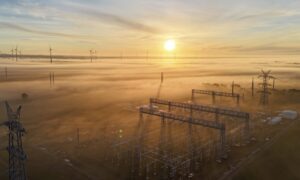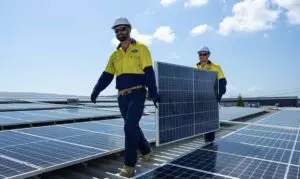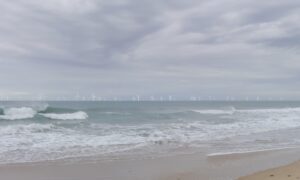A University of Queensland researcher is developing new technology extracts large amounts of methane gases from sewerage and converts it into electricity to power wastewater facilities, potentially making them energy neutral.
In partnership with Queensland Urban Utilities, UQ Advanced Water Management Centre’s Shihu Hu has been researching at Queensland’s largest wastewater treatment facility, at Brisbane’s Luggage Point – a plant that receives about 60 Olympic swimming pools of waste every day.

As Dr Hu notes, the organic material in that waste can be broken down to produce biogas rich in methane. However, wastewater treatment plants like this also use ethanol for nitrogen removal, because concentrated amounts of nitrogen in wastewater can lead toxic algae blooms and oxygen depletion or dead zones if it enters natural waterways.
But Dr Hu says this energy-intensive practice costs millions of dollars each year and results in an inefficient conversion to methane.
The technology UQ is developing, however, can recover almost all of the organic matter in the wastewater to produce even more biogas.
“The new technology we are developing can recover more methane without requiring ethanol to be used to remove nitrogen,” he said.
“This also means we can recover almost all of the organic matter in the wastewater to produce even more biogas.”
So far, Dr Hu said his research with Queensland Urban Utilities since 2011 had enabled him to get insight from operators and to work translate laboratory research to 1.2 kilometres of piping at Luggage Point.
A $300,000 Advance Queensland Research Fellowship means Dr Hu can now upscale his work, with potential for it to be implemented in many more wastewater facilities.
“We expect this technology will be rapidly adopted,” he said.
“It means the energy-intensive water treatment industry can go from big energy consumers to being energy neutral.
“It would save hundreds of thousands of dollars for large facilities and it is more sustainable for the planet.”








